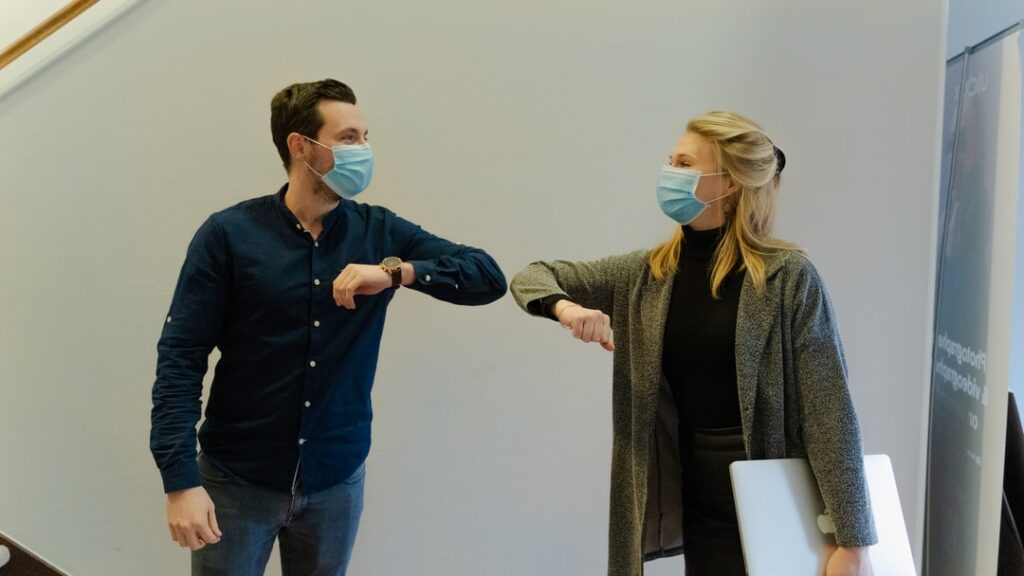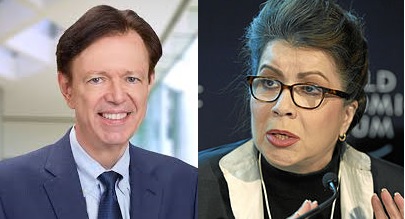An overview of research findings explaining mask compliance across countries

Introduction
According to Francis Fukuyama, leading political thinker, institutional arrangements, including increasing judicialisation and influence of interest groups, constrict decision making in democracies. These along with legally mandated checks and balances can slow decision making in crises. Fukuyama was writing in the US context (The Origins of Political Order, 2011; Political Order and Political Decay, 2014). But, India too is no exception. This perhaps explains the need for seemingly autocratic decisions. Whatever be the method, public view and experience of governmental decisions, through law or regulation, are manifested in compliance. Continue reading “Why People Wore Masks”
![]()

